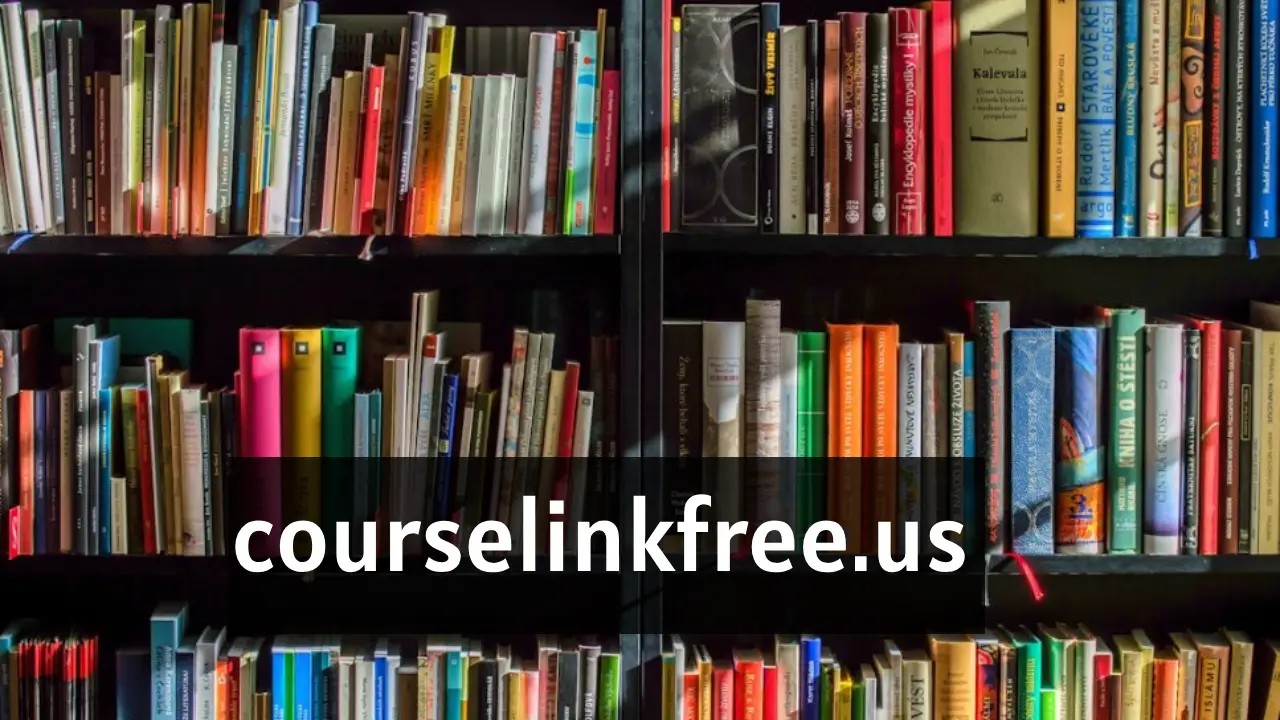The Watchdogs Ombudsmänner of Fairness and Justice

Introduction to Ombudsmänner: Who Are They and Why Do They Matter?
The term Ombudsmänner might sound unfamiliar to many, but their role is one that touches the lives of countless individuals worldwide—especially in countries that prioritize fairness, transparency, and accountability in both public and private sectors. The word itself originates from Swedish, with “ombudsman” meaning “representative.” While “Ombudsmänner” is the plural form (and sometimes stylized for emphasis), it refers to individuals or offices tasked with addressing complaints, mediating disputes, and ensuring that organizations—whether governmental, corporate, or institutional—operate within the bounds of law and ethics.
At its core, the role of an ombudsman (or ombudsmänner in plural) is to serve as a neutral intermediary. These individuals or entities help citizens and consumers when they feel that they’ve been wronged or mistreated by powerful systems. This could include government departments, banks, insurance companies, universities, hospitals, or even utility providers. Their primary objective? To restore balance, recommend solutions, and—most importantly—build trust between the people and the organizations that serve them.
In today’s fast-paced, bureaucracy-heavy world, ombudsmänner have become increasingly essential. As systems grow more complex and complaints become harder to resolve through traditional channels, these independent watchdogs provide a bridge between everyday citizens and the institutions that wield significant power over their lives.
A Brief History of the Ombudsman System
The ombudsman concept dates back to the early 19th century in Sweden, where it was first formally established. The Swedish Parliament created the office to oversee the government and ensure that civil servants acted lawfully and fairly. Over time, this model gained popularity and spread throughout Europe, and eventually to countries across the globe, including the UK, Canada, Australia, and South Africa.
In the decades that followed, the concept of ombudsmänner expanded beyond governmental oversight. Private organizations, too, began to recognize the value of having an independent body to resolve internal or external disputes. As a result, we now see industry-specific ombudsmen in sectors such as telecommunications, financial services, energy, and healthcare.
Today, ombudsmänner can be found in nearly every democratic country. Their powers and responsibilities may vary, but their purpose remains consistent: they serve the people, act impartially, and seek to uphold justice by addressing grievances swiftly and fairly.
The Role and Responsibilities of Ombudsmänner
So what exactly do ombudsmänner do on a day-to-day basis? Their duties can differ depending on the jurisdiction and industry they work within, but there are some core responsibilities that apply almost universally.
Firstly, ombudsmänner investigate complaints. When a citizen or consumer files a grievance—perhaps about a denied insurance claim or unfair government policy—it’s the job of the ombudsman to examine the facts, review relevant documentation, and speak with both sides of the dispute. They conduct their investigations independently and without bias.
Secondly, they recommend solutions. Unlike courts, ombudsmänner usually don’t have the power to issue binding decisions (although some jurisdictions do grant them this authority). Instead, they provide well-reasoned recommendations that carry significant moral and institutional weight. Most organizations follow these suggestions to maintain their reputation and uphold accountability.
Lastly, ombudsmänner serve as systemic reformers. If they identify recurring patterns of complaints or procedural gaps, they can advise organizations or governments on policy changes. In this way, they don’t just solve individual problems—they also help prevent future ones from occurring.
Why Ombudsmänner Are Essential in Modern Democracies
In an era defined by institutional complexity and growing distrust in government, ombudsmänner are more important than ever. They provide a crucial safeguard against abuses of power and give citizens a voice when they feel ignored or mistreated.
One key advantage of having ombudsmänner in place is that they offer an alternative to lengthy and expensive legal battles. Not everyone can afford a lawyer, and even those who can may prefer a quicker, less adversarial resolution. Ombudsmänner fill this gap by offering a more accessible and informal route to justice.
Moreover, they promote transparency. When organizations know they are being held accountable by an independent ombudsman, they’re more likely to act ethically and responsibly. This not only deters bad behavior but also improves public trust. In many cases, ombudsmänner publish annual reports highlighting their findings and recommendations, shedding light on systemic issues that might otherwise go unnoticed.
Lastly, ombudsmänner empower the individual. In systems where people often feel powerless against massive bureaucracies or faceless corporations, knowing that someone is on their side can make a world of difference.
Ombudsmänner in Various Sectors: Government, Education, Healthcare, and More
While the concept of ombudsmänner began in the public sector, it has since branched out into various areas of modern life. Let’s take a closer look at how these roles function in different fields.
Government and Public Administration:
This is the most traditional setting for ombudsmänner. They handle complaints related to public services, law enforcement, immigration, taxation, and more. Their findings can lead to sweeping policy changes or even disciplinary actions against civil servants.
Higher Education:
Many universities now have ombudsman offices to assist students, faculty, and staff with disputes. Whether it’s grade disputes, workplace bullying, or procedural errors, these ombudsmänner offer a confidential space to air grievances and seek solutions.
Healthcare:
In hospitals and insurance systems, ombudsmänner are essential in resolving conflicts related to patient care, billing, or medical ethics. They help ensure that patients are treated with dignity and fairness in highly sensitive situations.
Finance and Banking:
From unfair loan terms to denied insurance claims, financial ombudsmen are crucial in advocating for consumer rights in a complex and often opaque industry.
Telecommunications and Utilities:
Consumers often face difficulties with service providers—be it overcharges, outages, or poor service. Industry-specific ombudsmänner can step in to mediate and recommend compensation where appropriate.
Challenges Ombudsmänner Face in Their Work
Although ombudsmänner play an essential role in modern society, their work is not without challenges. One of the biggest hurdles is maintaining independence. If an ombudsman is too closely tied to the organization they oversee, their ability to act impartially can be compromised. That’s why many ombudsman offices are legally required to operate independently and report directly to legislative bodies rather than management.
Another challenge is enforcement. In many systems, ombudsmänner can only make non-binding recommendations. If an organization chooses to ignore these suggestions, there may be little the ombudsman can do—short of going public and applying pressure through media or advocacy groups.
There’s also the issue of public awareness. Many people simply don’t know that ombudsmänner exist or how they can help. As a result, valuable resources go underutilized, and countless grievances go unaddressed. Education and outreach are vital to making ombudsman services more effective.
How to Approach an Ombudsman: A Step-by-Step Guide
If you believe you’ve been treated unfairly by an institution or company, reaching out to an ombudsman can be a smart first step. Here’s a quick guide to doing so:
- Gather Documentation:
Before filing a complaint, collect all relevant documents—emails, receipts, letters, contracts, etc. This will help the ombudsman understand your case quickly and thoroughly. - Try Internal Resolution First:
Most ombudsmen require that you first attempt to resolve your issue with the organization directly. Only if that fails should you escalate the matter. - Submit Your Complaint:
Go to the relevant ombudsman’s website or office and fill out the complaint form. Be clear, concise, and factual. Avoid emotional language; stick to the timeline and evidence. - Wait for Investigation:
The ombudsman will assess your case and determine whether it’s within their jurisdiction. If it is, they’ll begin an investigation and may contact both parties for further input. - Receive a Recommendation or Resolution:
Once the ombudsman has all the facts, they’ll issue a decision or recommendation. While it may not be legally binding, most organizations will act on it in good faith.
Conclusion: The Unsung Heroes of Fairness
Ombudsmänner may not make headlines or hold flashy titles, but their work is vital to the health of democratic societies and functional institutions. By giving people a voice, holding the powerful accountable, and promoting just resolutions, they help create systems that are not only efficient but humane.
Whether you’re a consumer, a student, a patient, or a citizen, understanding the role of ombudsmänner can empower you to seek justice when something feels wrong. These watchdogs of fairness are here to help—and in a world full of complexity, that’s something we could all use a little more of.




